9 Facts About Wroclaw
9 Facts About Wrocław Wrocław is the 5th largest city in Poland Poland is about 121,000 mi², and Wrocław is about 100 mi², making it smaller than Warsaw or Krakow, but larger than Gdansk. Wrocław originated in the 10th...
9 Facts About Wrocław Wrocław is the 5th largest city in Poland Poland is about 121,000 mi², and Wrocław is about 100 mi², making it smaller than Warsaw or Krakow, but larger than Gdansk. Wrocław originated in the 10th...
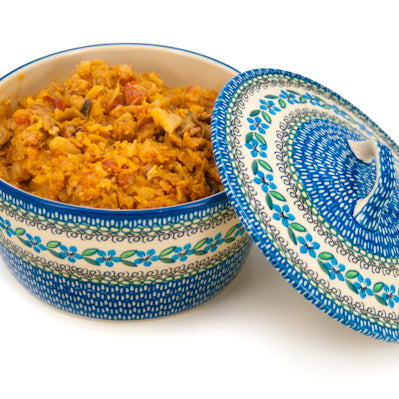
Meat plays a significant importance in the Polish food. Perhaps the most famous Polish meat known is the kielbasa, the Polish sausage. Bigos is Poland's national dish. There is a variety in ingredients - some have mushrooms and juniper berries,...
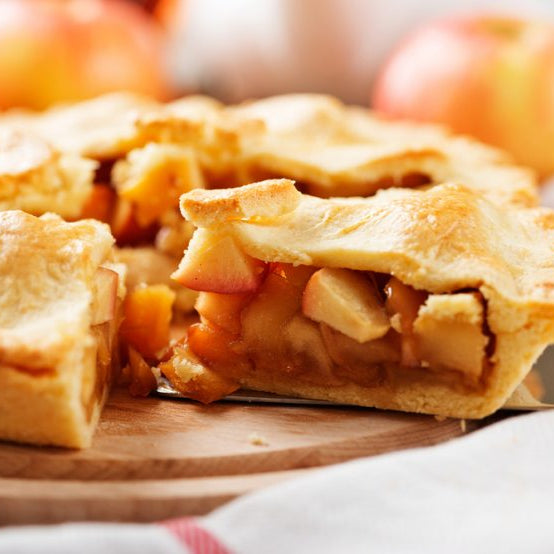
There is a wonderful choice of traditional Polish desserts, ranging from Polish Babka to apple cakes (szarlotka), cheesecake (sernik) and poppy seed rolls (makowiec). There are also layer cakes, apple tarts, Easter cakes, cream cakes, Polish pancakes and doughnuts. Honey...
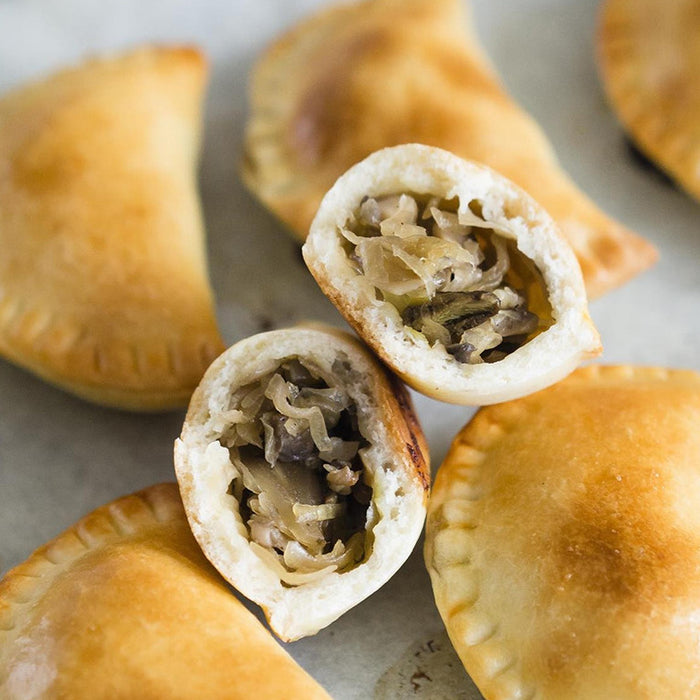
These classic Polish foods have remained unchanged for centuries. Served on their own or as an accompaniment, vegetables in Poland reflect the cold climate. Cabbage, beet root, turnip and the staples are often preserved by salting or pickling. Mushrooms and...
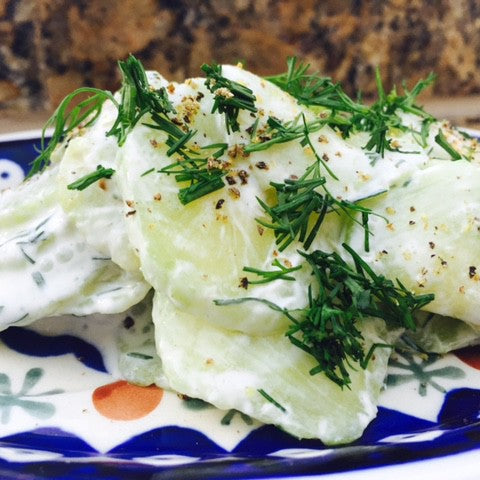
The authentic Polish salad is the Surowka, which consists of grated winter vegetables like cabbage, red cabbage, carrots, leeks and apples. A tasty but simple salad is Mizeria, sliced raw cucumbers in sour cream or sour milk.Cucumber Salad (Mizeria)1 large...
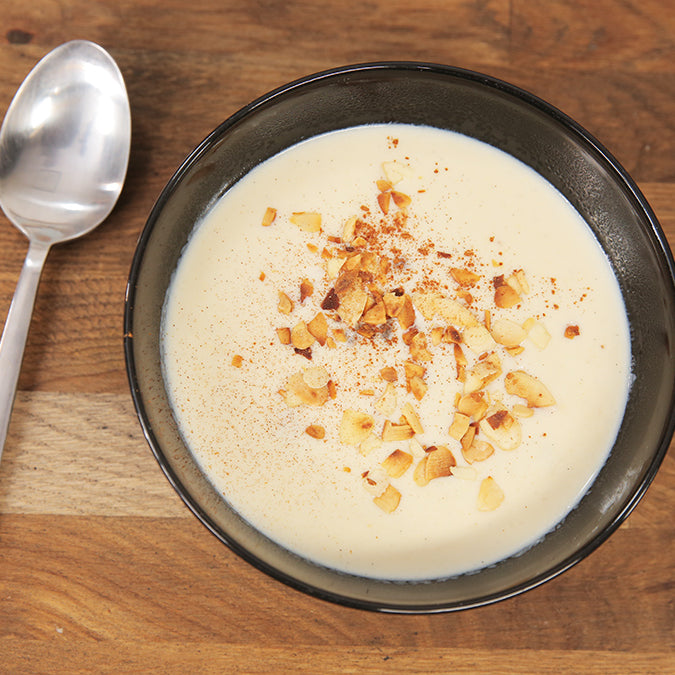
Soup are very important part of the Polish cuisine. Typical soups are Barszcz or red beet soup, served with stuffed dumplings; Żurek - a fermented rye soup; or Chłodnik, a soup made of cold beets and vegetables in sour milk....
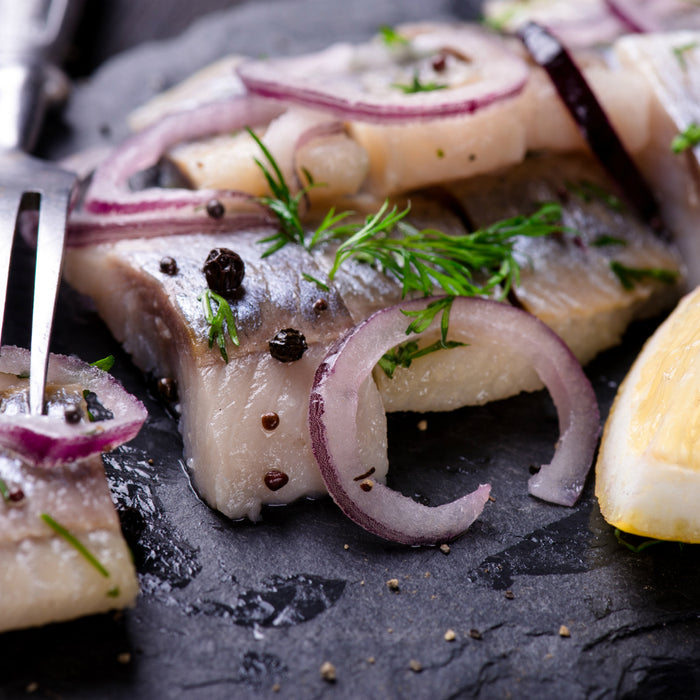
Polish fish dishes are very diverse. The fish can be cooked many different ways: boiled, fried, roasted, fried in breadcrumbs, and served with delicious stuffing, sauces, and accompaniments. Carp is the traditional Christmas dish and it comes in different varieties:...
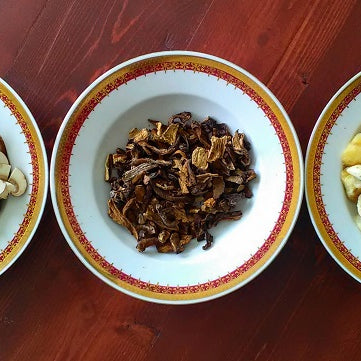
Poland has one of the world's great cuisines, which has evolved over the centuries. Polish food reflects the history and geography of the country - it has a mix of influences: Russian, German, Italian, Ukrainian, Lithuanian, and Jewish traditions have left...